Education Crises Limit Nigeria’s Growth Potentials
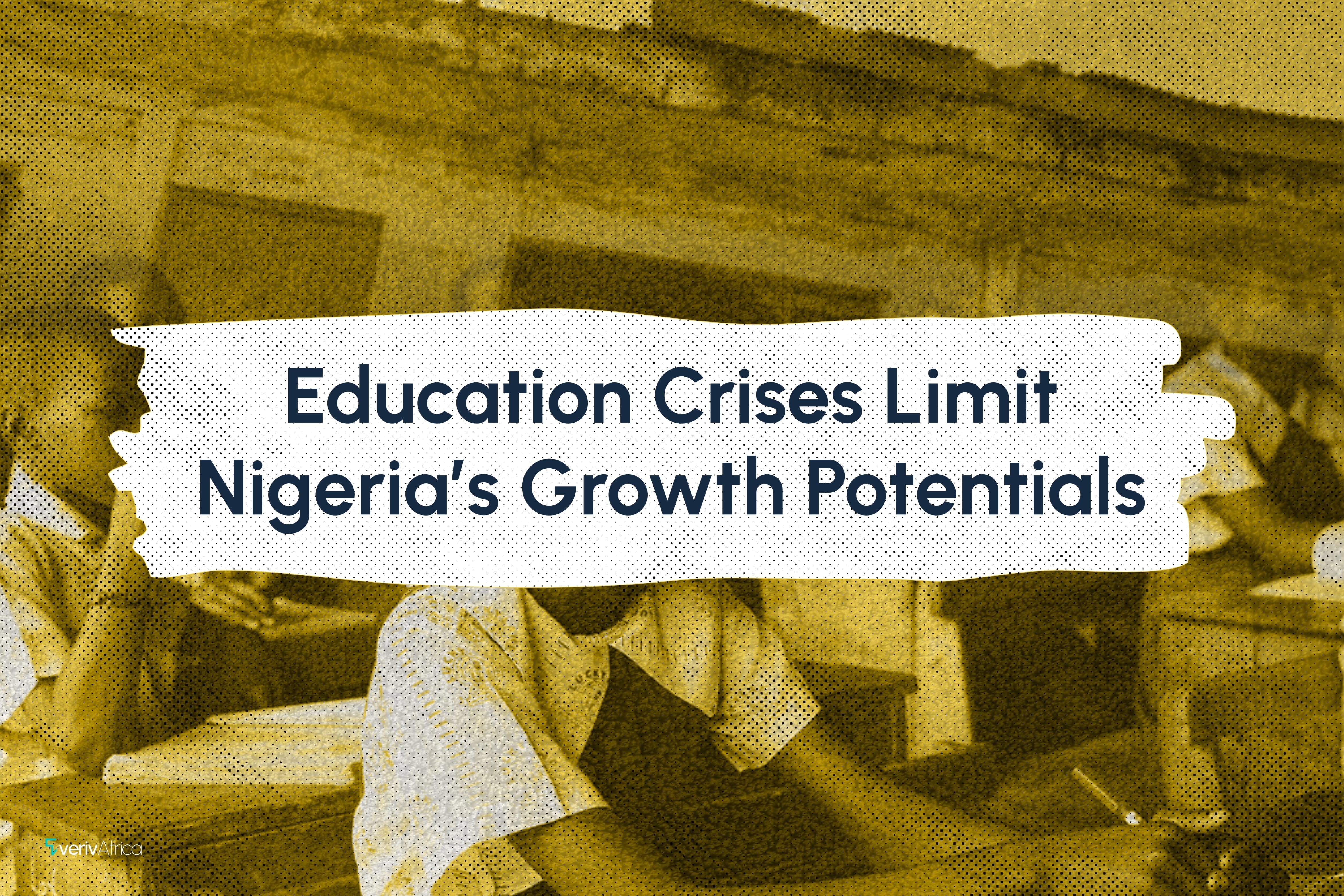
According to the World Bank (2023a), Nigeria’s gross domestic product (GDP) has grown by an average of around 2% in the last decade. In per capita terms, Nigeria’s GDP recorded a negative growth rate over the last decade (World Bank, 2023b). Within the same period, Nigeria’s population grew by 2.5% (World Bank, 2023c), posing a significant challenge to sustainable development.
While Nigeria’s poor economic growth has been due to a plethora of reasons, including both domestic and external, an underlying issue that has limited long-run economic growth is the inadequate education of its citizens. While it is often neglected in macroeconomic discourse in Nigeria, the link between education and economic growth cannot be emphasised enough.
Theoretically, as embedded in the endogenous growth model, education plays an essential role in the difference in economic performance across countries. According to this model, education is an investment that yields high returns in terms of increased productivity, innovations, and technological advancement.
Nigeria's education numbers are, however, far from idle. According to the United Nations (2022), 1 in 3 children in Nigeria are out of school (OOS). There are 10.2 million children who have not attended a primary school in Nigeria. At the junior secondary school level, 8.1 million children do not attend school. Also, only 1 in 3 adolescents who should be in senior secondary school are in school.
Nigeria accounts for 15% of all OOS children in the world. This severely affects long-term economic growth due to its effect on human capital formation and labour productivity. According to Milan and Burnet (2014), OOS children cost the Nigerian economy between 7.83% and 13.03% of GDP annually. Addressing the education crisis is imperative for unlocking Nigeria’s full growth potential and aiding its development.
Education as a Foundation for Economic Growth
Early classical economic growth models, like Solow’s growth model, did not consider education in the form of human capital as a critical driver of economic growth. However, growth theories, such as the endogenous growth model, have emphasised the importance of education for long-term economic growth. The model suggests that countries that invest in education and research will have higher growth levels than those that do not. This differs from the classical growth theory, which emphasises capital accumulation.
The endogenous growth model reveals that education promotes human capital development, fosters innovation and entrepreneurship, promotes social mobility, and reduces inequality. According to the model, the primary factors that drive economic growth are internal to an economy, and education is one of the essentials. It argues that improving a country’s productivity is linked to innovations in education and human capital development.
Investing in Education Drives Higher Growth: Lessons from China
Economic growth in many countries has been linked to market reforms. For instance, in China, many economists attribute economic growth to large-scale capital investment and rapid productivity, particularly in sectors formerly controlled by the central government. However, an underlying factor that defined the optimality of these reforms was China's educational attainment. Market reforms work better when countries invest in quality education or have an educated population.
According to the World Bank (2023d), China’s economy grew by 9.44% in the last four decades before the pandemic. During this period, gross tertiary school enrollment increased rapidly, from 1.13% in 1980 to 58.52% in 2020. China’s tertiary school enrollment currently sits at around 63.6%.
On the other hand, Nigeria had a higher rate of enrolment in tertiary institutions than China in 1980, at 1.84%; the most recent data for Nigeria places gross tertiary enrolment at 12.1% in 2018. This substantial difference in education attainment, among other factors, contributes to the differences in economic growth.
The Chinese government understood the need to educate its population, and as economic reforms took effect in the 1980s, education reforms were implemented. This move was spurred by the government’s view that education is a foundation for modernising agriculture, industry, national defence, and science and technology. The government also ensured that the education system was oriented towards modernisation, the world, and the future (Huang et al., 2014). These reforms, backed by intentionality, transformed the education system, contributing to China’s economic success.
Nigeria’s Suboptimal Investment in Education
According to the United Nations, countries should allocate at least 15% to 20% of total public expenditure to education to foster human capital formation. However, many developing countries, including Nigeria, have failed to prioritise education as stipulated.
Nigeria has failed to adequately provide quality education for most of its citizens. Data from the World Bank (2023e) revealed that government expenditures on education sit well below the United Nations benchmark. In 2021, education expenditures were only 5.14% of total government expenditures.
The inadequate funding of the Nigerian education sector is reflected in the poor remuneration of most teachers and lecturers. This has led to a brain drain in the Nigerian education system, particularly at the tertiary level, as lecturers continue to seek better opportunities abroad (Emeghara, 2013), contributing to a decline in the quality of education offered.
The effect of inadequate government expenditure on education is pervasive and has contributed significantly to poor education and lifelong learning outcomes, negatively influencing Nigeria’s economic growth. However, Nigeria can commit to increasing investment in education and implement policies that will improve the efficiency of education spending to maximise impact.
Conclusion
Despite empirical and theoretical economics literature demonstrating the importance of education to economic growth (Sawhill et al., 2006; Eregha et al., 2018), Nigeria has not paid sufficient attention to the sector. The country has the highest number of out-of-school children in the world. The counterfactual implication of these out-of-school children is a significant increase in economic growth if these children are educated.
Only 12.1% of Nigeria's total population enrol in tertiary institutions. These numbers mean the optimality of market reforms and economic policies is limited. An uneducated population lacks the skills and knowledge necessary to innovate during economic reforms and sound financial policy implementation, thereby limiting the optimality of these policies.
Nigeria can learn from the Chinese through education, ensuring concrete efforts are made to reform the economy and invest in educating the people. The country should prioritise the foundational step of educating its population to achieve sustainable economic growth.
References
Emeghara, E.E. (2013). Brain drain as a clog in the wheel of Nigeria’s development: the university education system in focus. International Journal of Development and Management Review, 8(1), 110-121.
Eregha, P.B., Irughe, R.I., & Edafe, J. (2018). Education and Economic Growth: Empirical Evidence from Nigeria. Managing Global Transitions, 16(1), 59-77. https://www.hippocampus.si/ISSN/1854-6935/16.59-77.pdf
Huang, E., Zhu, Y., & Benson, J. (2014). Education- China’s most important economic weapon. East Asia Forum. https://eastasiaforum.org/2014/03/15/education-chinas-most-important-economic-weapon/
Milan, T., & Burnett, N. (2014). Exclusion from Education: The Economic Cost of Out of School Children in 20 Countries. Results for Development. https://r4d.org/resources/exclusion-education-economic-cost-school-children-20-countries/
Sawhill, I.V., Tebbs, J., & Dickens, W.T. (2006). The effect of investing in early education on economic growth. BROOKINGS. https://www.brookings.edu/articles/the-effects-of-investing-in-early-education-on-economic-growth/
United Nations (2022). Education opportunities for Out-of-School Children (OOSC). https://www.unicef.org/nigeria/media/7746/file/UNICEF%20Nigeria%20Cheat%20Sheet:%20Out-of-school%20Children.pdf
World Bank (2023a). GDP growth (annual %) - Nigeria. World Development Indicators. https://data.worldbank.org/indicator/NY.GDP.MKTP.KD.ZG?locations=NG
World Bank (2023b). GDP per capita growth (annual %) - Nigeria. World Development Indicators. https://data.worldbank.org/indicator/NY.GDP.PCAP.KD.ZG?locations=NG
World Bank (2023c). Population growth (annual %) - Nigeria. World Development Indicators. https://data.worldbank.org/indicator/SP.POP.GROW?locations=NG
World Bank (2023d). GDP growth (annual %) - China. World Development Indicators. https://data.worldbank.org/indicator/NY.GDP.MKTP.KD.ZG?locations=CN
World Bank (2023e). Government expenditure on education, total (% of government expenditure) - Nigeria. World Development Indicators. https://data.worldbank.org/indicator/SE.XPD.TOTL.GB.ZS?locations=NG
Similar Insights
View All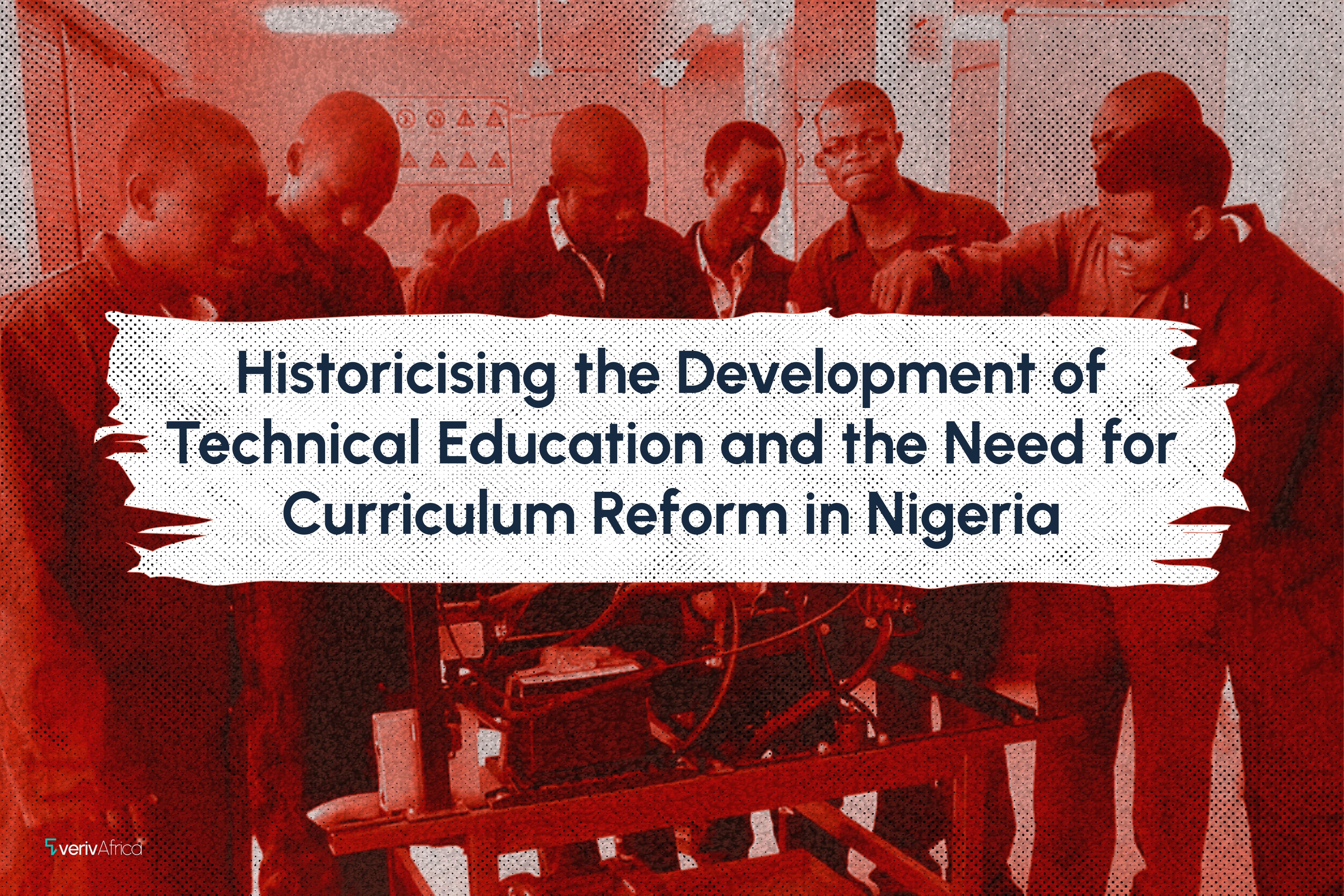
Historicising the Development of Technical Education and the Need for Curriculum Reform in Nigeria
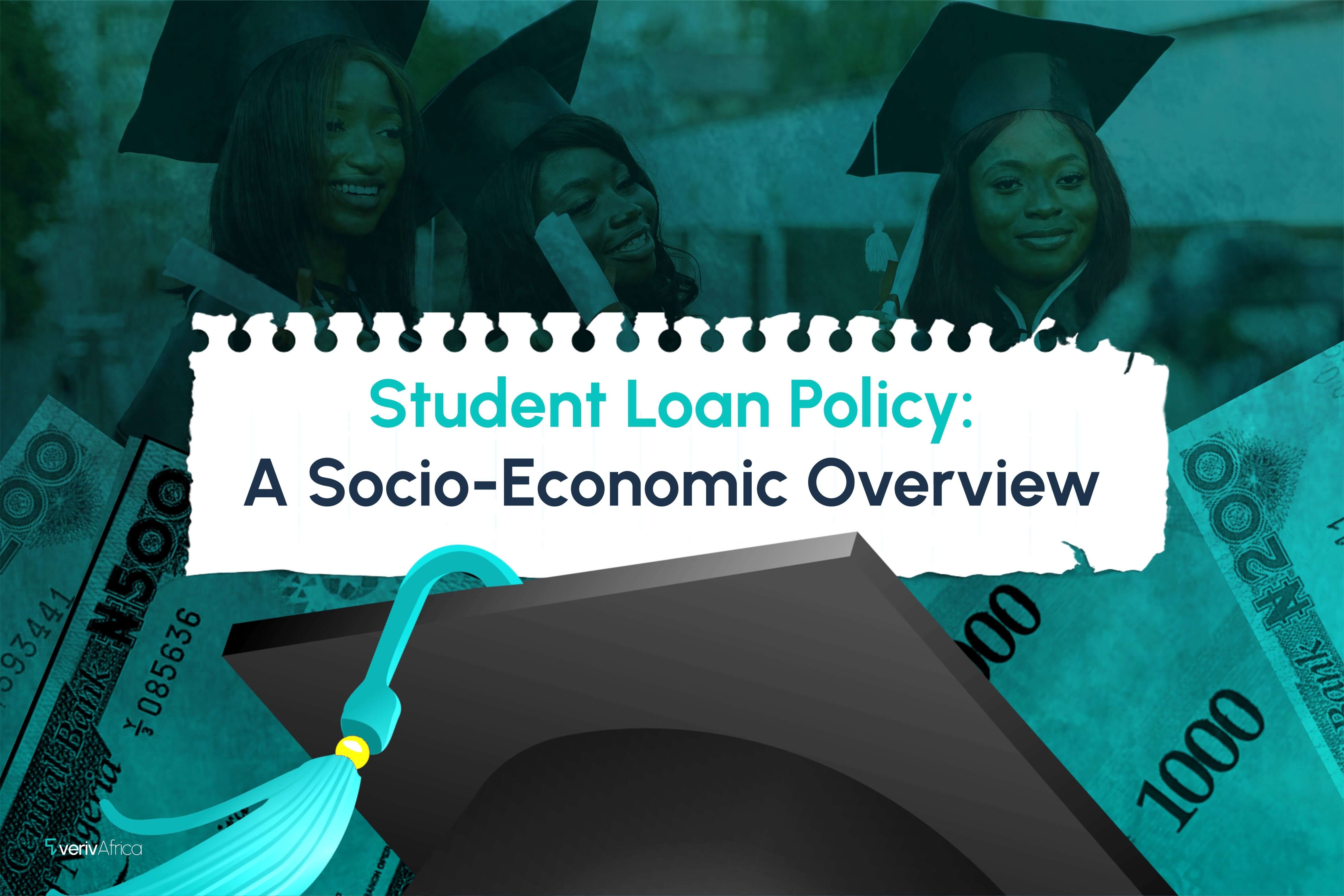
Student Loan Policy: A Socio-Economic Overview

Harnessing Edtech for Innovation and Transformation in Nigeria
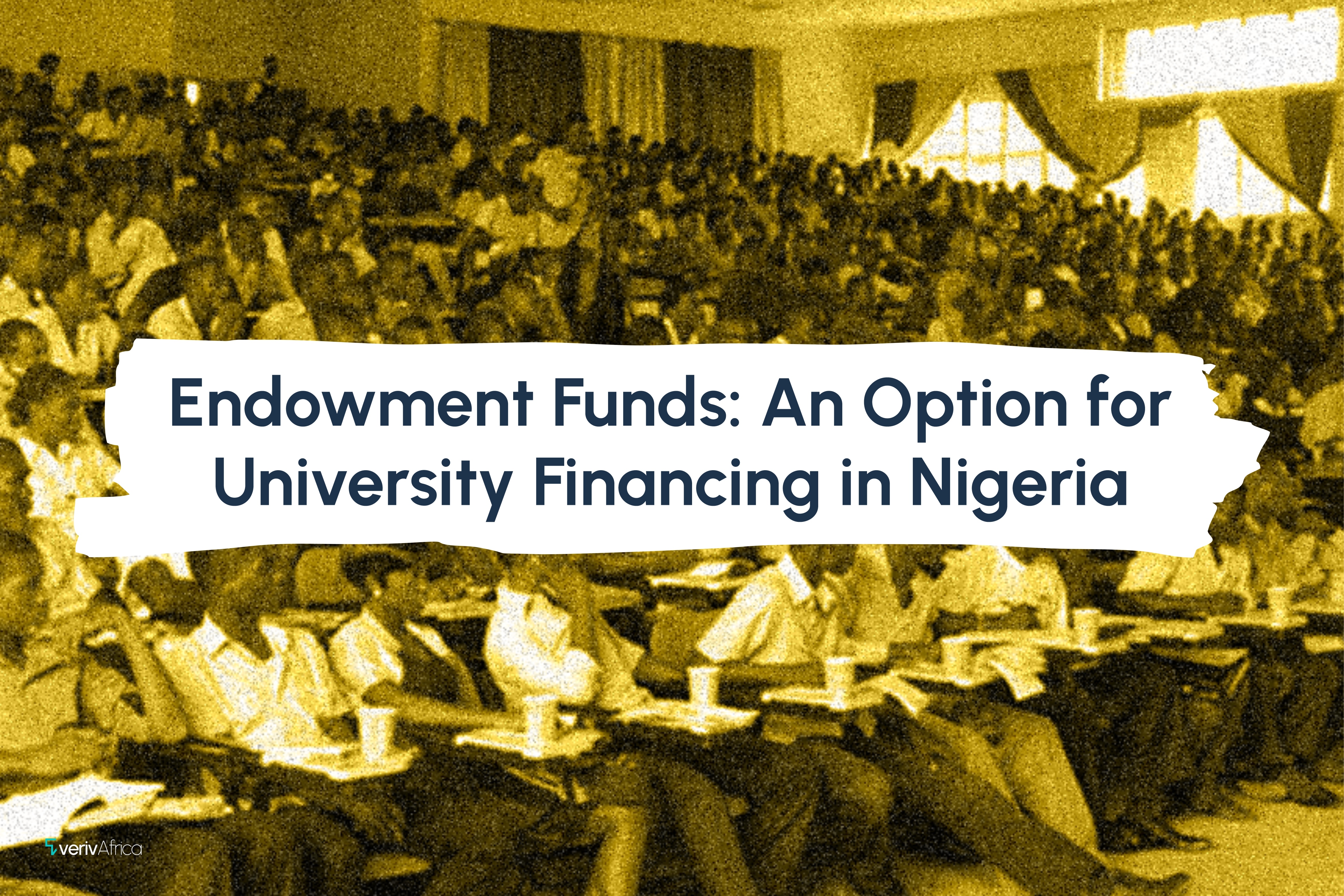
Endowment Funds: An Option for University Financing in Nigeria

Engendering Vocational Education in Nigeria: Risks and Mitigation
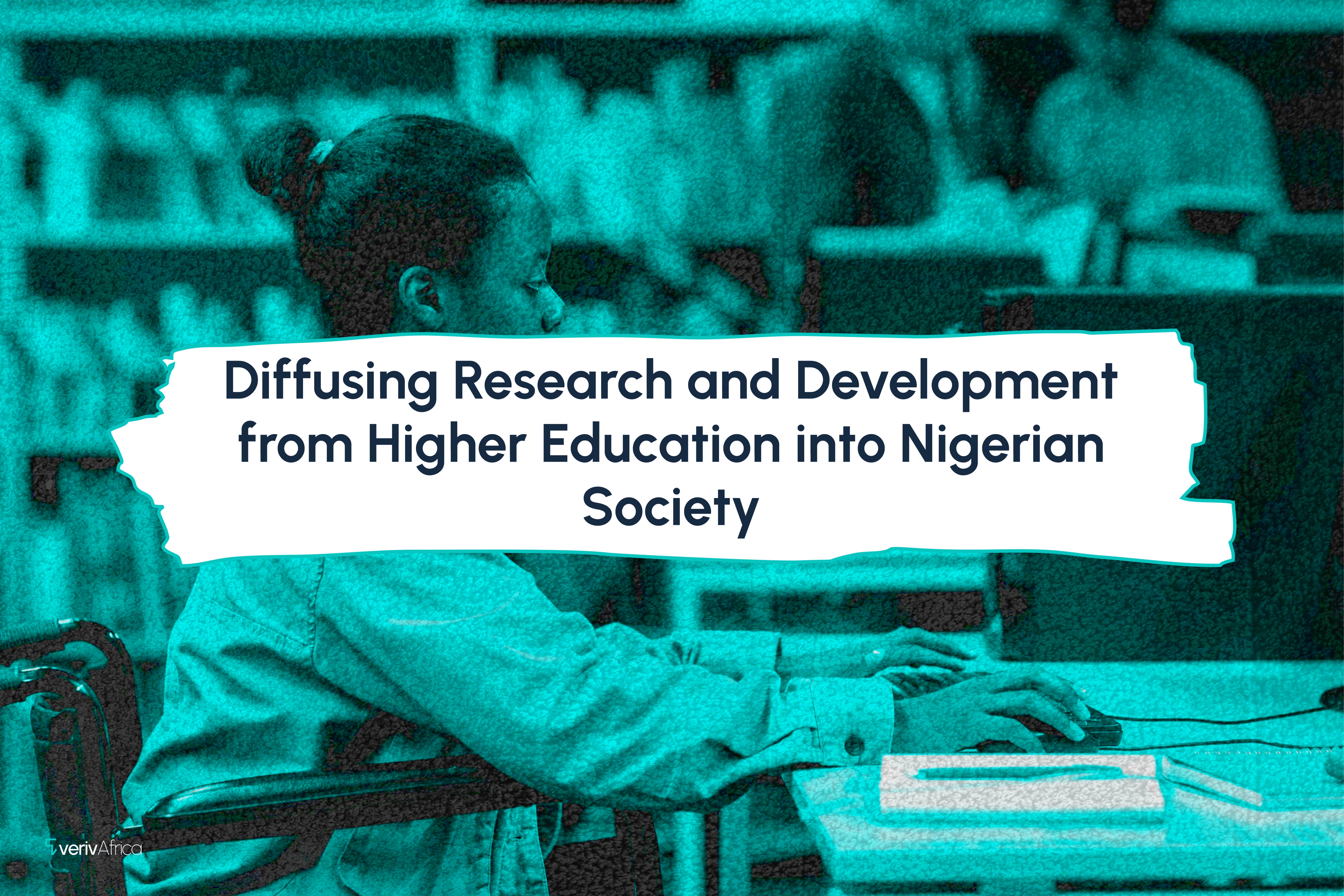
Diffusing Research and Development from Higher Education into Nigerian Society
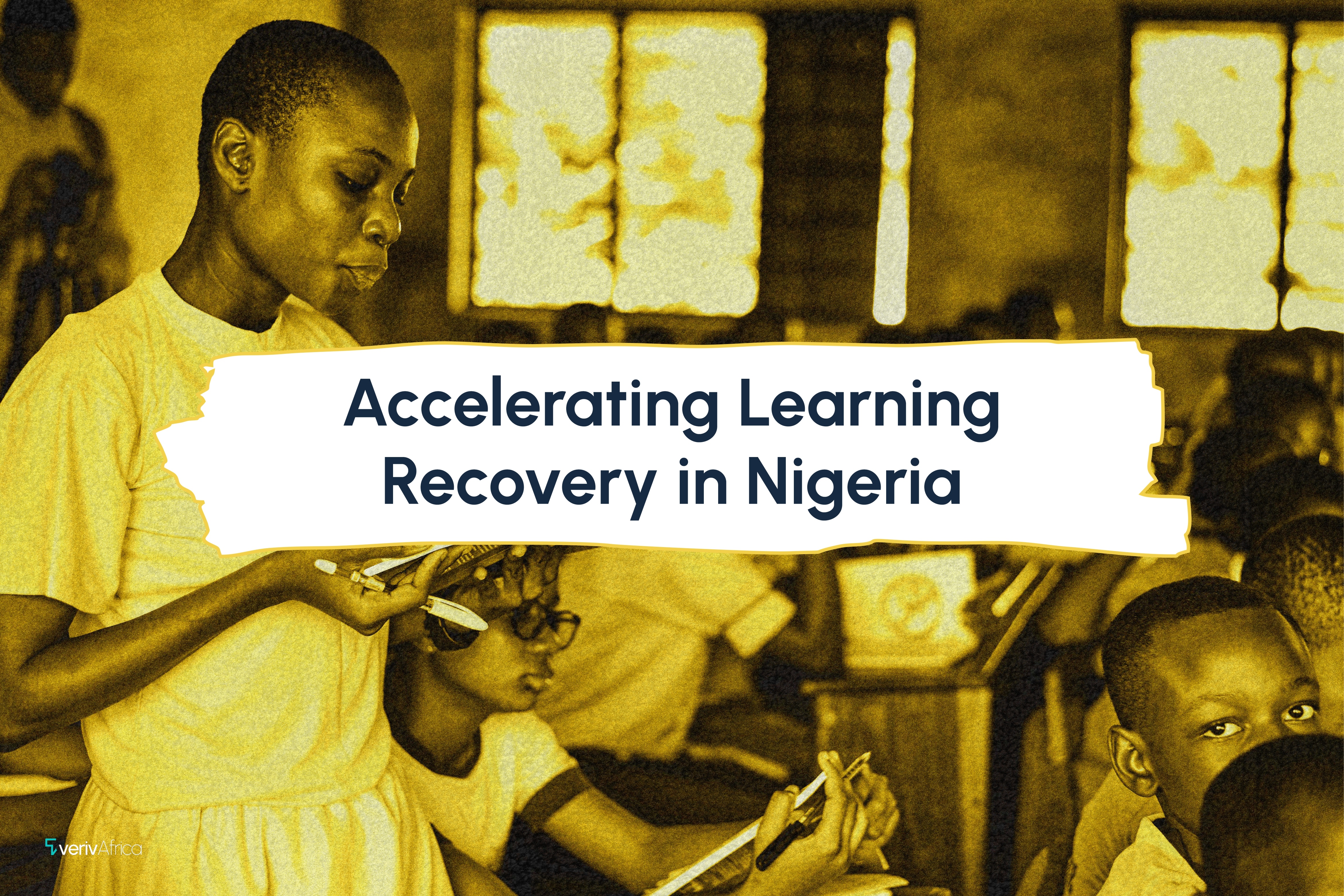
Accelerating Learning Recovery in Nigeria
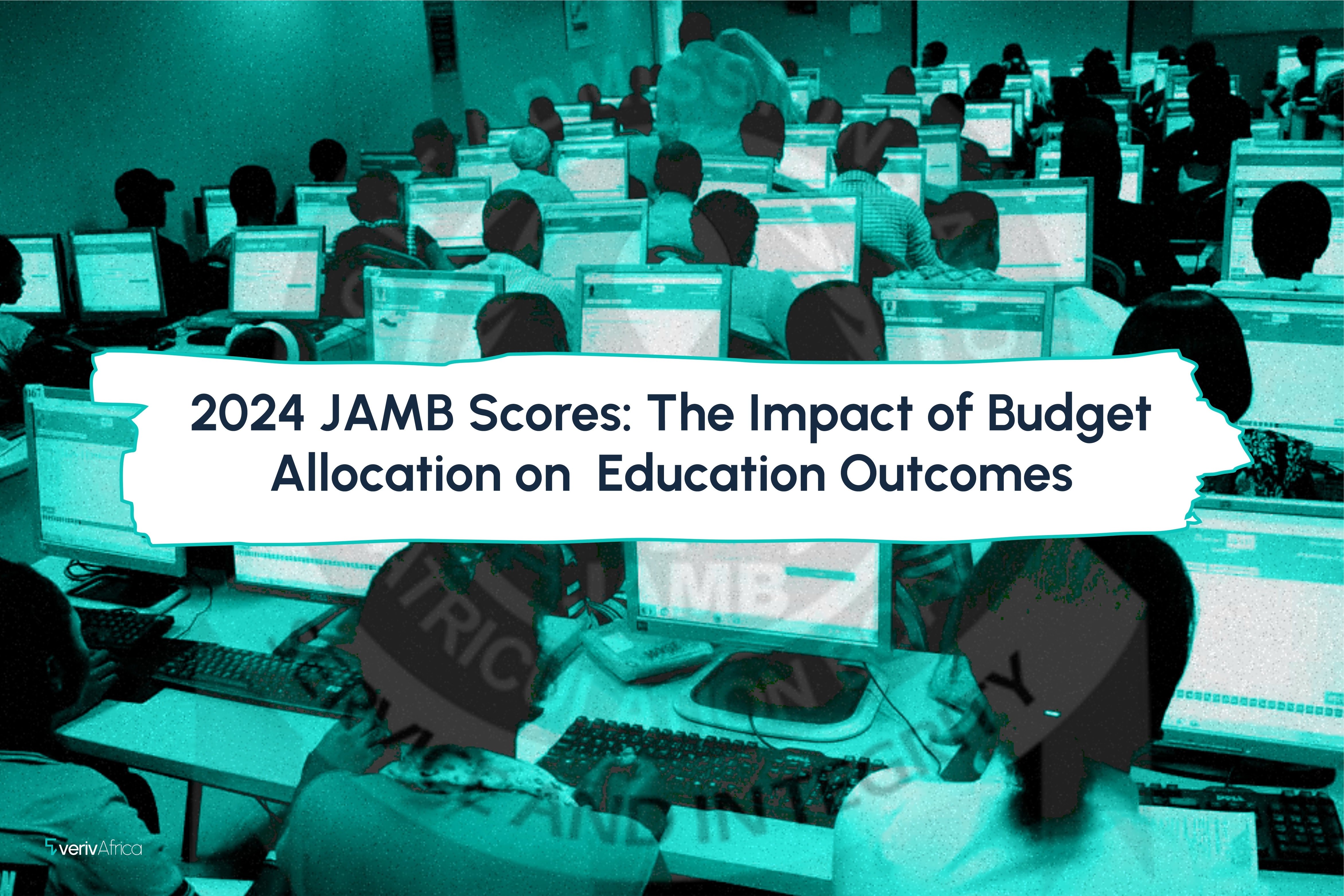
2024 JAMB Scores: The Impact of Budget Allocation on Education Outcomes
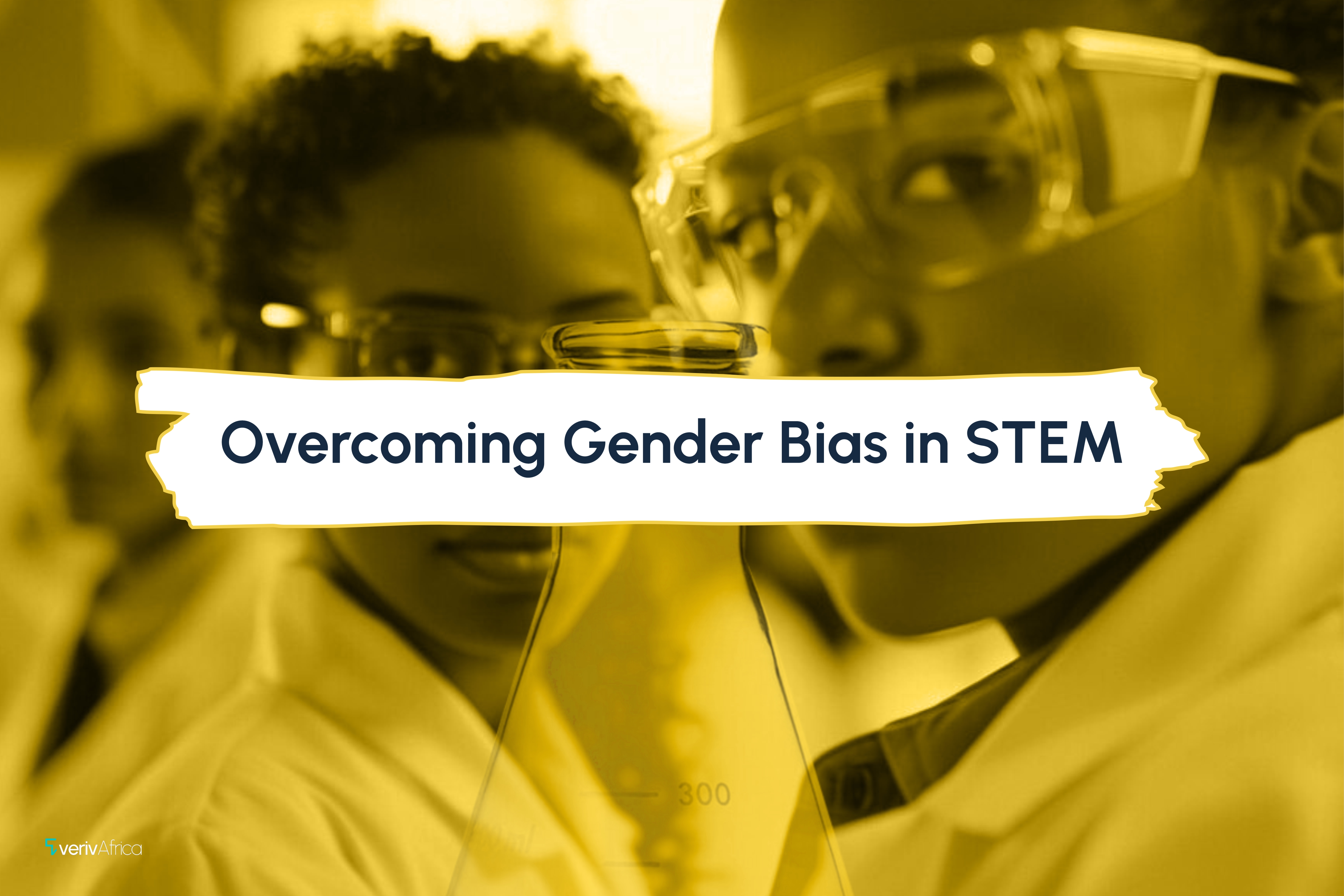
Overcoming Gender Bias in STEM
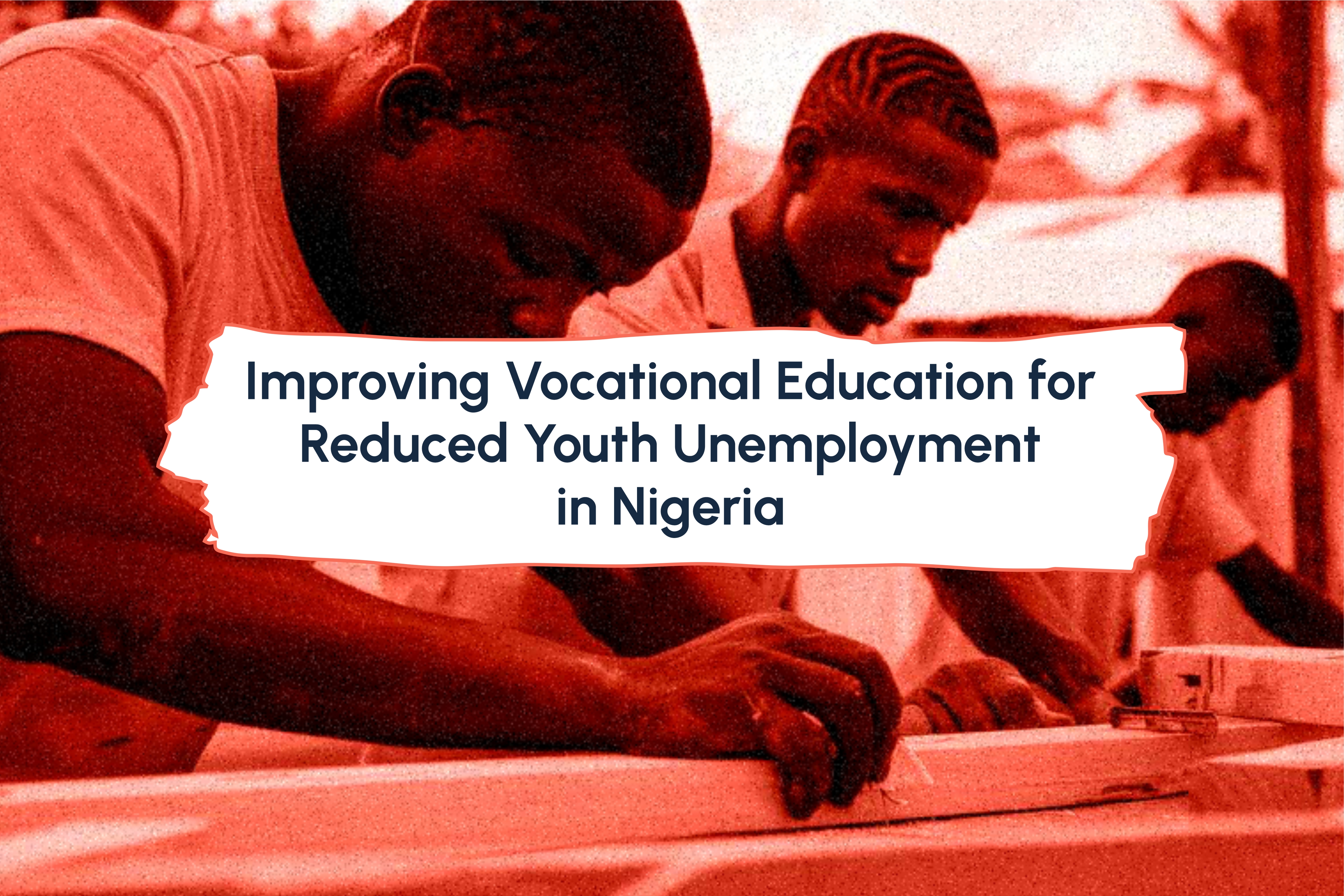
Improving Vocational Education for Reduced Youth Unemployment in Nigeria
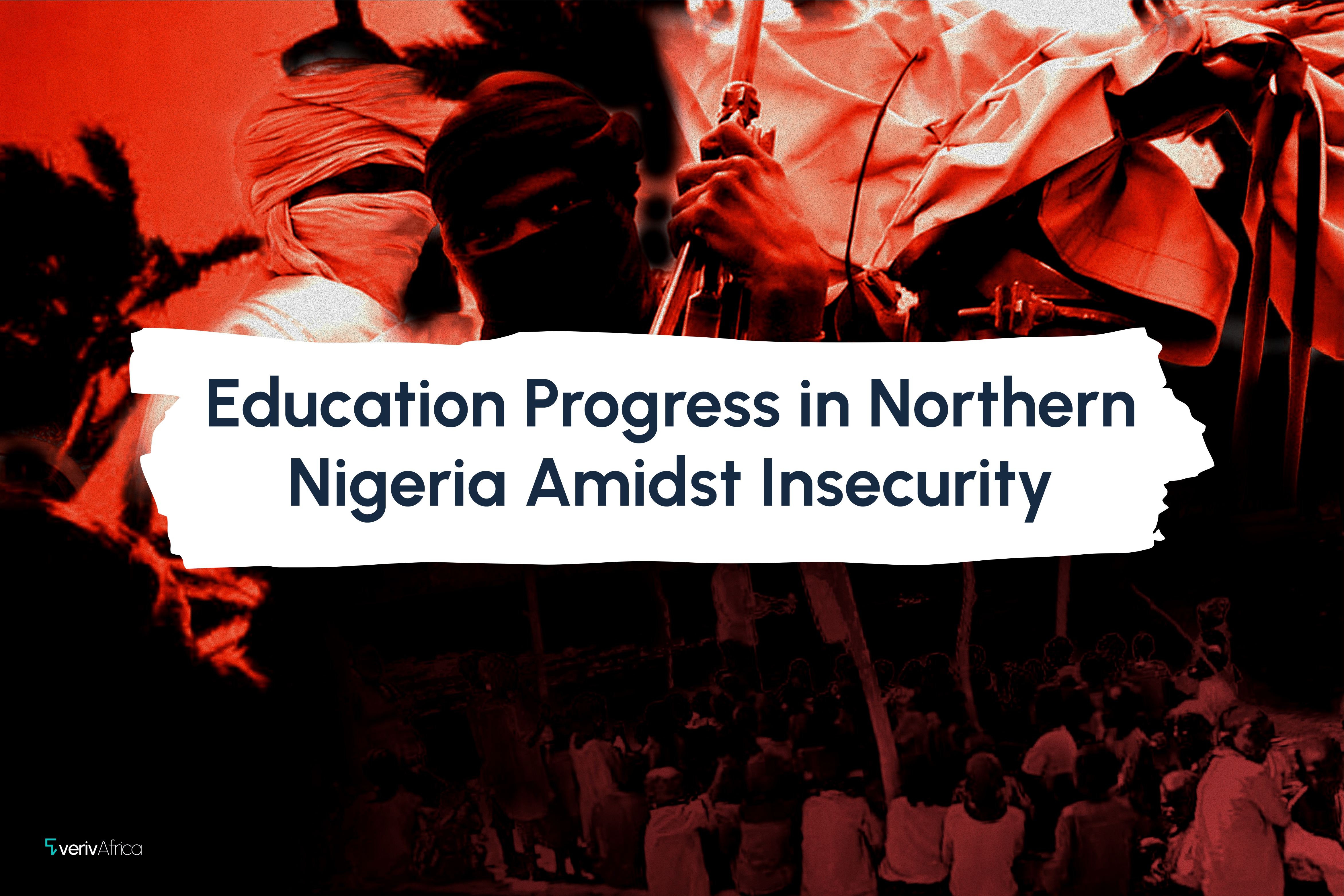
Education Progress in Northern Nigeria Amidst Insecurity
Don't miss out!
Our subscribers receive firsthand updates on our recent content. We hope you become one, too.
It's free, so why not?

